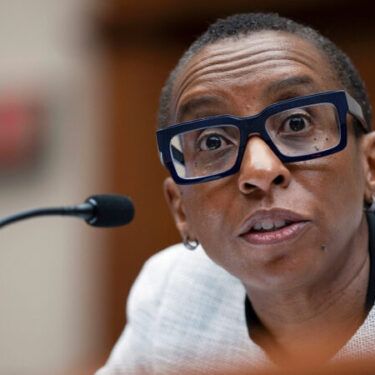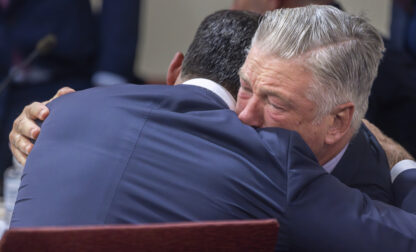COLLIN BINKLEY
In a deeply reported story with historical scope, Collin Binkley traced the changing flavor of free speech on the American college campus as higher education reeled from the ousters of two Ivy League university presidents over free-speech issues.
The idea began in December after the contentious congressional testimony about antisemitism and free speech that led to the ouster of Penn President Liz Magill. The Education team dispatched Binkley to develop a piece about what free speech has meant and is coming to mean today on university campuses. Binkley examined the history of free-speech sensibilities over the past century and how it has evolved, and what today’s stakeholders — Gen Z college students with different ideas of what free speech can and should mean — think should be done. After the resignation of Harvard President Claudine Gay, Binkley refreshed the story arc of the controversial congressional testimony, and the story moved several days afterward, surfing the wave of renewed interest.
What distinguished Binkley’s story was not only the deep research and beat-journalism expertise but his smart framing as well. He managed to take a story about a long-term issue, with all its details and potential for falling into the weeds and elevate it without losing any nuance or depth. That’s not easy on an “issue” story, but he accomplished it with elegance.



